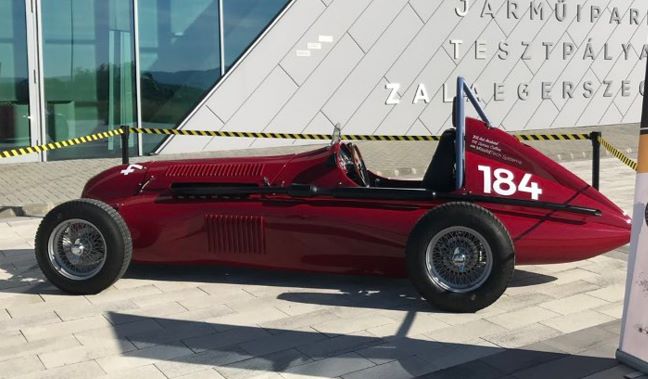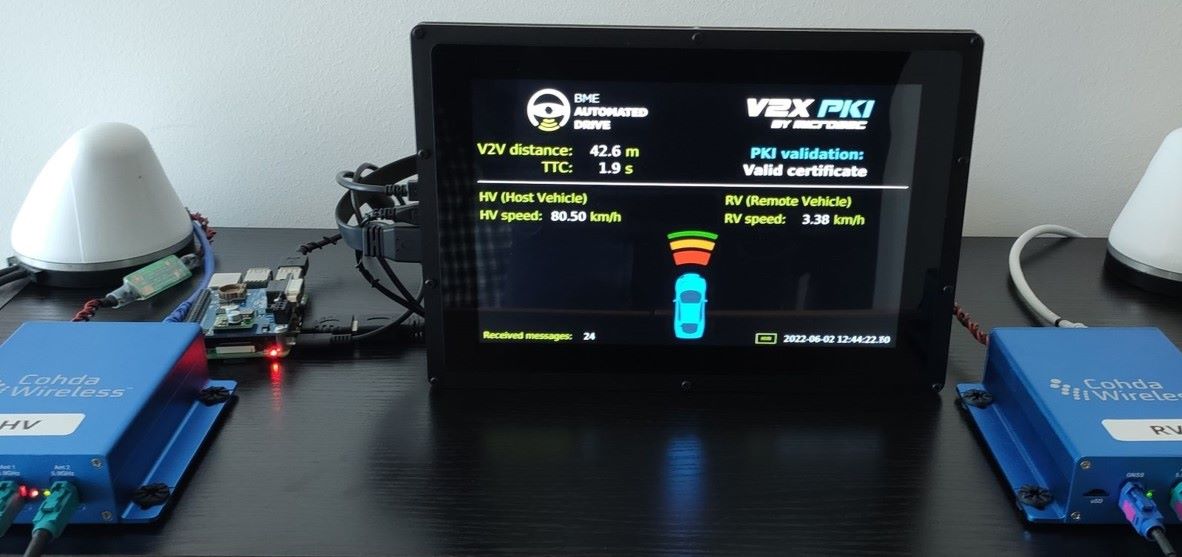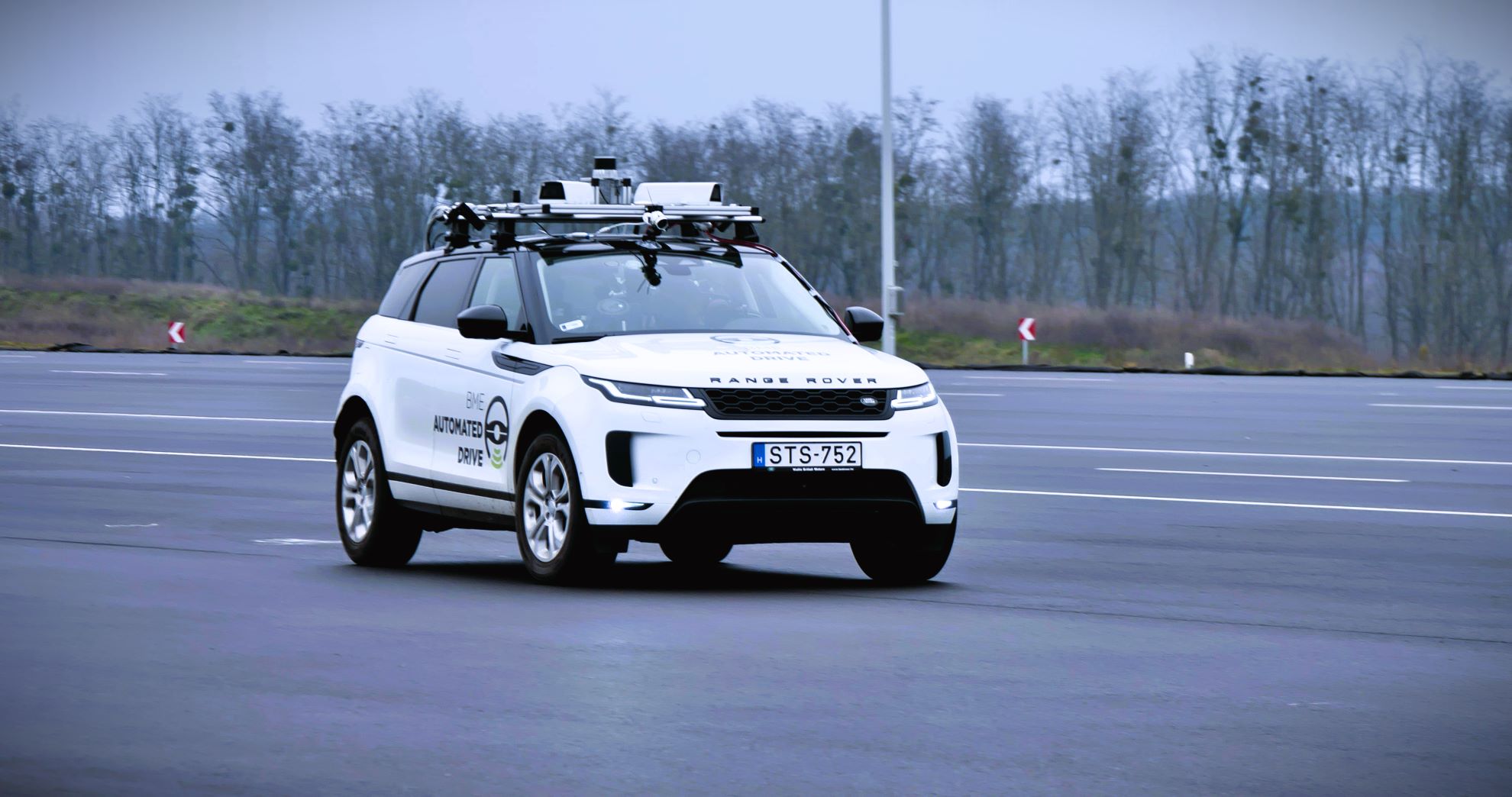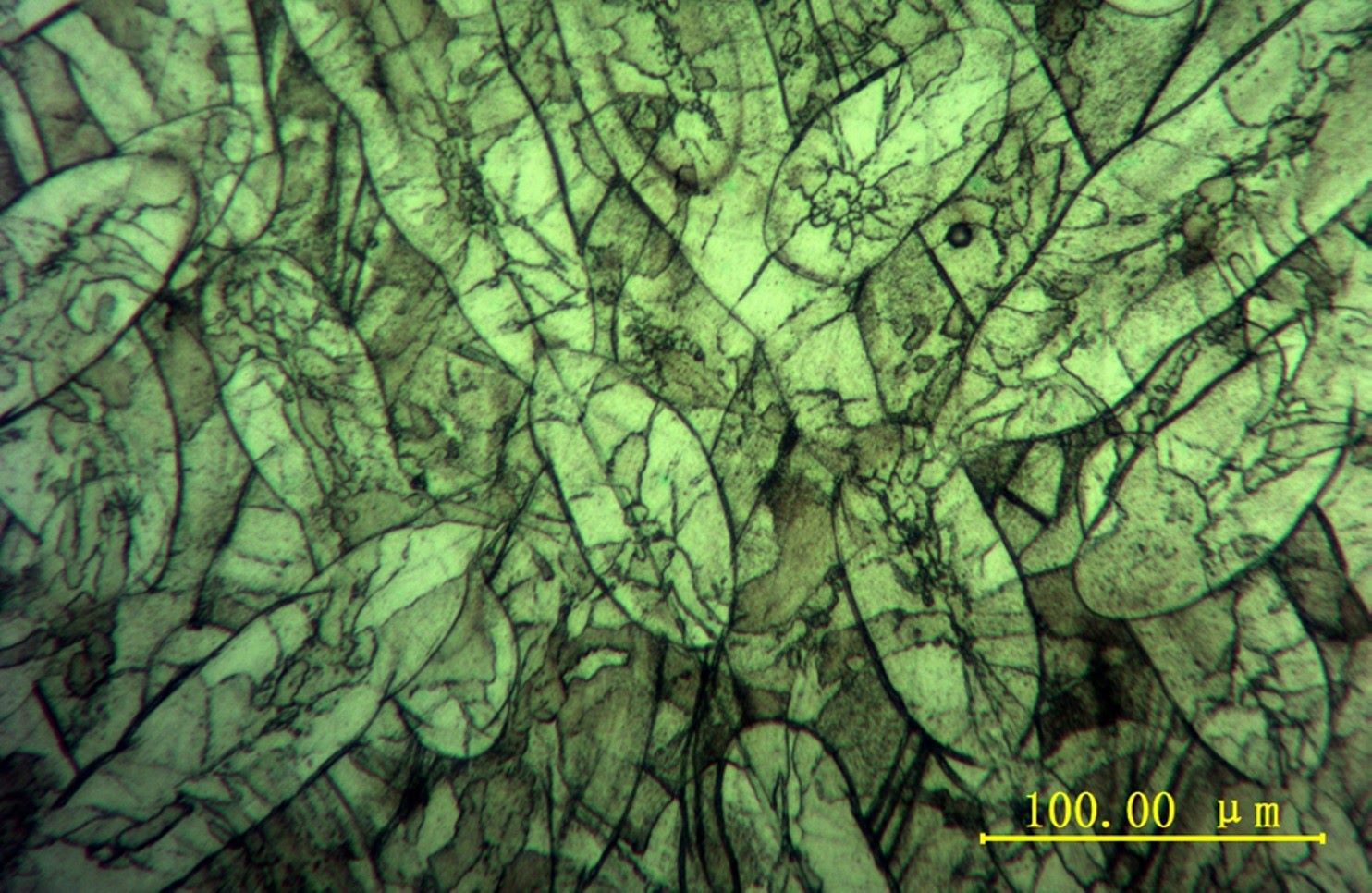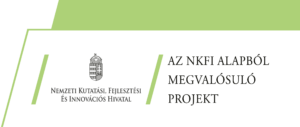Our research activities
The professional activities of the Department of Automotive Technologies are organised into five research groups, which are also responsible for education.
Under the umbrella of BME Automated Drive Laboratory, we have three research groups, the Environmental Perception, Vehicle Dynamics and Control and Safety and Security Research Groups.
The research area of the Cooperative Perception research group is related to intelligent transport infrastructure within autonomous vehicle control. We believe that safe autonomous transport of the future will not only mean smart, intelligent cars driving autonomously, but also smart, intelligent infrastructure. And these smart devices will work together to deliver safe and efficient automated transport.
The main research area of the Vehicle Dynamics and Control research group is vehicle control at and beyond the dynamic limit, one of the most striking examples of which is drifting in a car that is not driven by a human.
Our Safety and Security research group has a long tradition in the field of traffic accident analysis and reconstruction. Today, we no longer separate safety and security, but treat them as one. We say that a failure can result in a cyber security problem, but equally a cyber security vulnerability can result in a safety problem or failure.
The vehicle-related areas are covered by the Innovative Vehicle Technologies research group. The focus of education has shifted strongly towards electromobility, hydrogen powertrain and renewable energies.
The Laser and Vehicle Manufacturing Technologies research group focuses on materials science and manufacturing technologies used in automotive manufacturing. In the field of additive manufacturing, better known as 3D printing, we are mainly working with metals and the related selective laser melting process, which has been one of the outstanding activities of the department for many years.
Our department has a large fleet of instruments and tools for research and teaching activities, which are described in detail here.
We collaborate with a number of industrial partners in our research activities, which are presented here.
